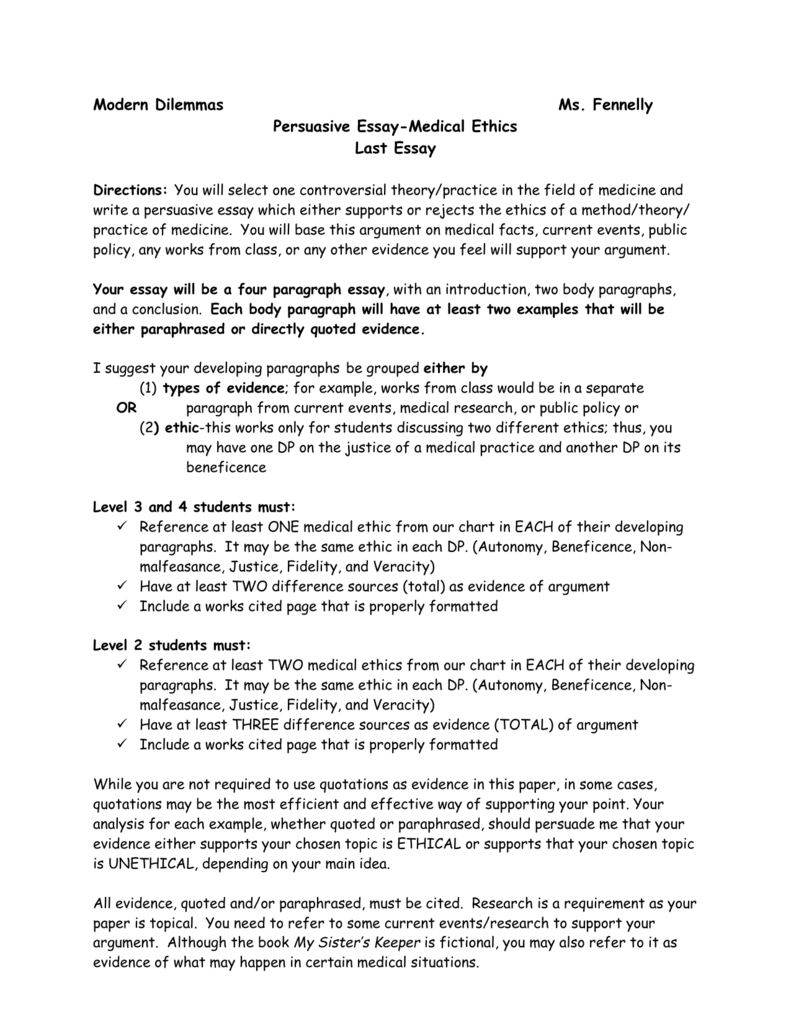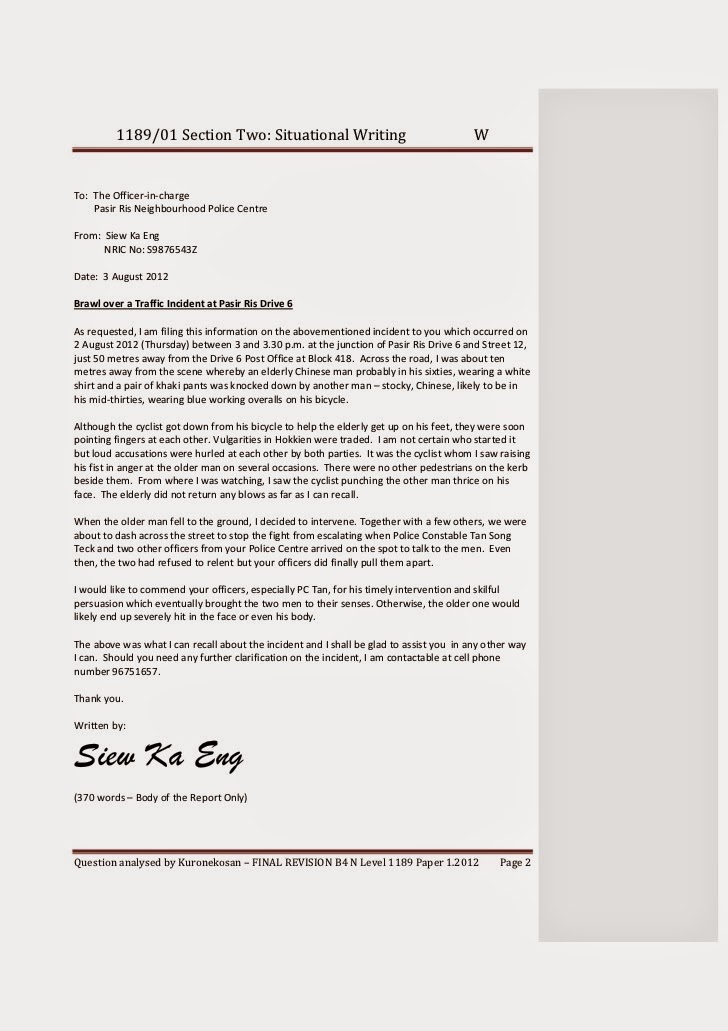Immanuel Kant: Aesthetics and Teleology - Philosophy.
Collectively, the essays reveal that Kant's critical project, and the dialectics of aesthetics and cognition within it, is still relevant to contemporary debates in epistemology, philosophy of mind, and the nature of experience and objectivity. The book also yields important lessons about the ineliminable, yet problematic place of imagination, sensibility and aesthetic experience in perception.
This overview of Kant’s philosophy is aimed at both undergraduate and graduate students. It discusses Kant’s aesthetics and teleology in their own right and in connection to Kant’s moral philosophy. Originally published in 2006. Kuehn, Manfred. Kant: A Biography. New York: Cambridge University Press, 2001.

Aesthetics A Brief History of Aesthetics is the theoretical study of the arts and related types of behavior and experience. It is traditionally regarded as a branch of philosophy, concerned with the understanding of beauty and its manifestations in art and nature. However, in the latter 20th century there developed a tendency to treat it as an.

Aesthetics are a form of philosophy which deals with nature, beauty, art, and taste and appreciation for truly beautiful things. From art aesthetics to, aesthetic judgment, normativity in aesthetics et cetera et cetera. Aesthetics in general have been around for centuries. The most significant figures in the aesthetic tear of philosophy are figures such as Plato, Emmanuel.

Key works: In addition to Kant's Critique of the Power of Judgment (1790) and Observations on the Feeling of the Beautiful and the Sublime (1764), readers can find some discussion of aesthetics -- mostly as regards the sublime -- in Kant's works in moral philosophy.Kant's work in aesthetics follows on several decades of keen work on the topic in Britain from earlier in the the 18th century.

Set texts: Plato’s aesthetics; Hume’s aesthetics; Kant’s aesthetics. Course Outline. Aesthetics can be seen as comprising two, overlapping, areas of enquiry: philosophical questions about aesthetic notions such as beauty and about the status of aesthetic judgments, on the one hand, and on the other, philosophical questions concerning art.

This module provides students with a grounding in Kant's philosophy,. The module presents Kant's critical project as an historical and conceptual basis for the understanding of subsequent European philosophy as a whole. Nietzsche and Heidegger. 30 credits. This module offers students an opportunity to study major works by Nietzsche and Heidegger. In particular it considers the relationship.

Kant's ideas are quite complex, so students will probably require some scaffolding to access them. One way to provide this scaffolding is to assign essay topics that break down Kant's work and.

Introduction Placing the Aesthetic in Kant’s Critical Epistemology Rebecca Kukla The primary thesis of this book, taken as a whole, is that we cannot prop- erly understand Kant’s critical epistemological program or his account of empirical cognition without also understanding his account of aes-thetic judgment, imagination, and sensibility (articulated primarily in his Critique of the.

I have recently completed an essay on Hegel's theory of architecture in his lectures on aesthetics, and my future plans include an essay on Hegel and Deleuze. My interpretation of Hegel's logic and his philosophy more generally continues to be guided by his claim that speculative thought develops immanently and without systematic presuppositions. I thus contest Heidegger's assertion that Hegel.

Before entering into the intricacies of Kant’sCritique of Judgment, I wish in this introduction to provide some background for it in Kant’s Critical Philosophy.In the first section I summarize central points in the account of judgment in theCritique of Pure Reason, and in the second section I sketch in very broad lines the systematic horizon in which Kant’s treatment of aesthetics finds.

Aesthetics - Aesthetics - Taste, criticism, and judgment: All aesthetic experience, whether of art or nature, seems to be informed by and dependent upon an exercise of taste. We choose the object of aesthetic experience, and often do so carefully and deliberately. Moreover, we are judged by our choices, not only of works of art but also of colour schemes, dresses, and garden ornaments, just as.

Notes 1.Gilles Deleuze's lucid, and notably concise, Kant's Critical Philosophy: The Doctrine of the Philosophy, similarly locates the Third Critique as the capstone of Kantian philosophy. 2.It worth noting, however, that the relation between judgment and reason in judgments on the sublime is not symmetrical with a relation established between the reason and the understanding in judgments on.



